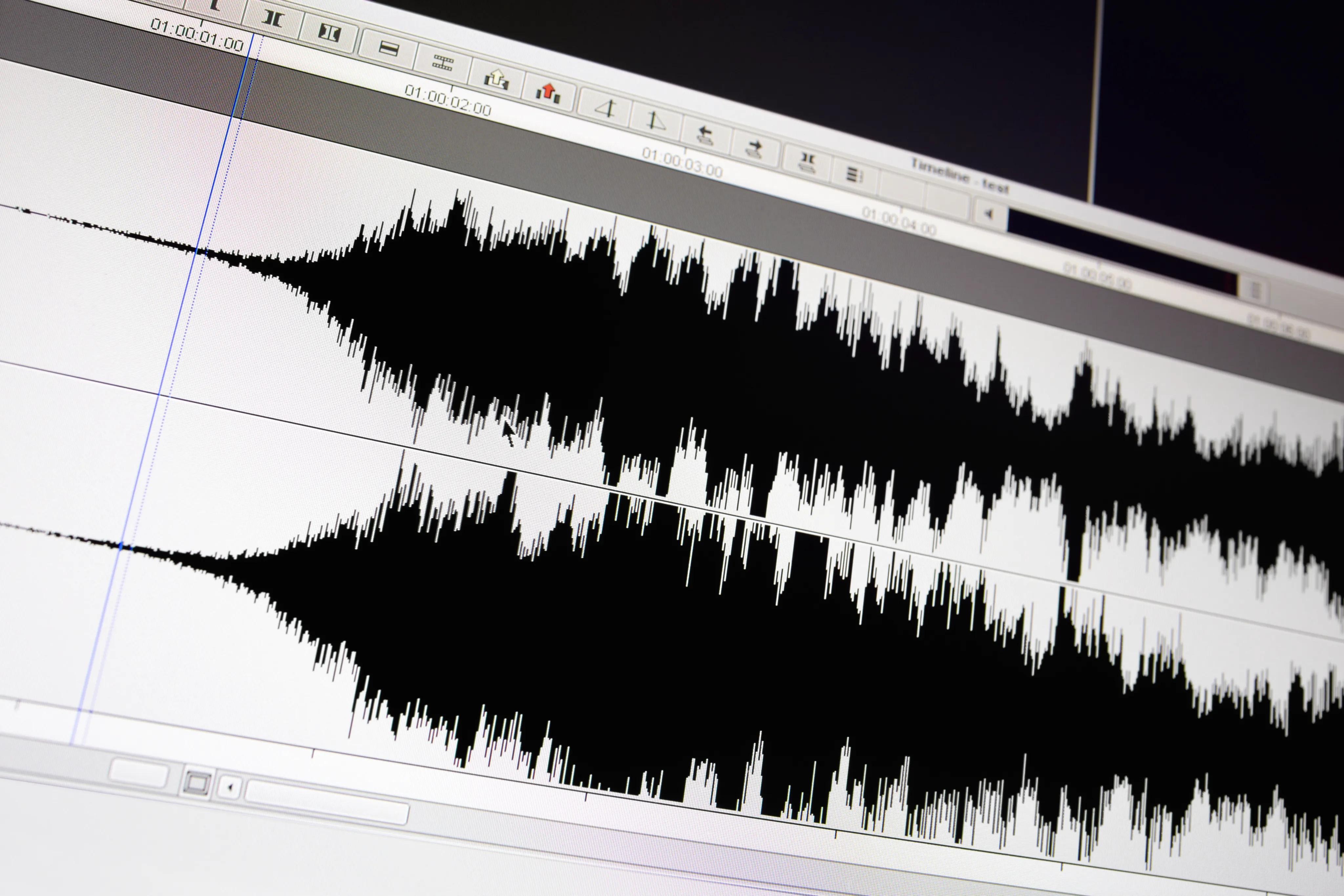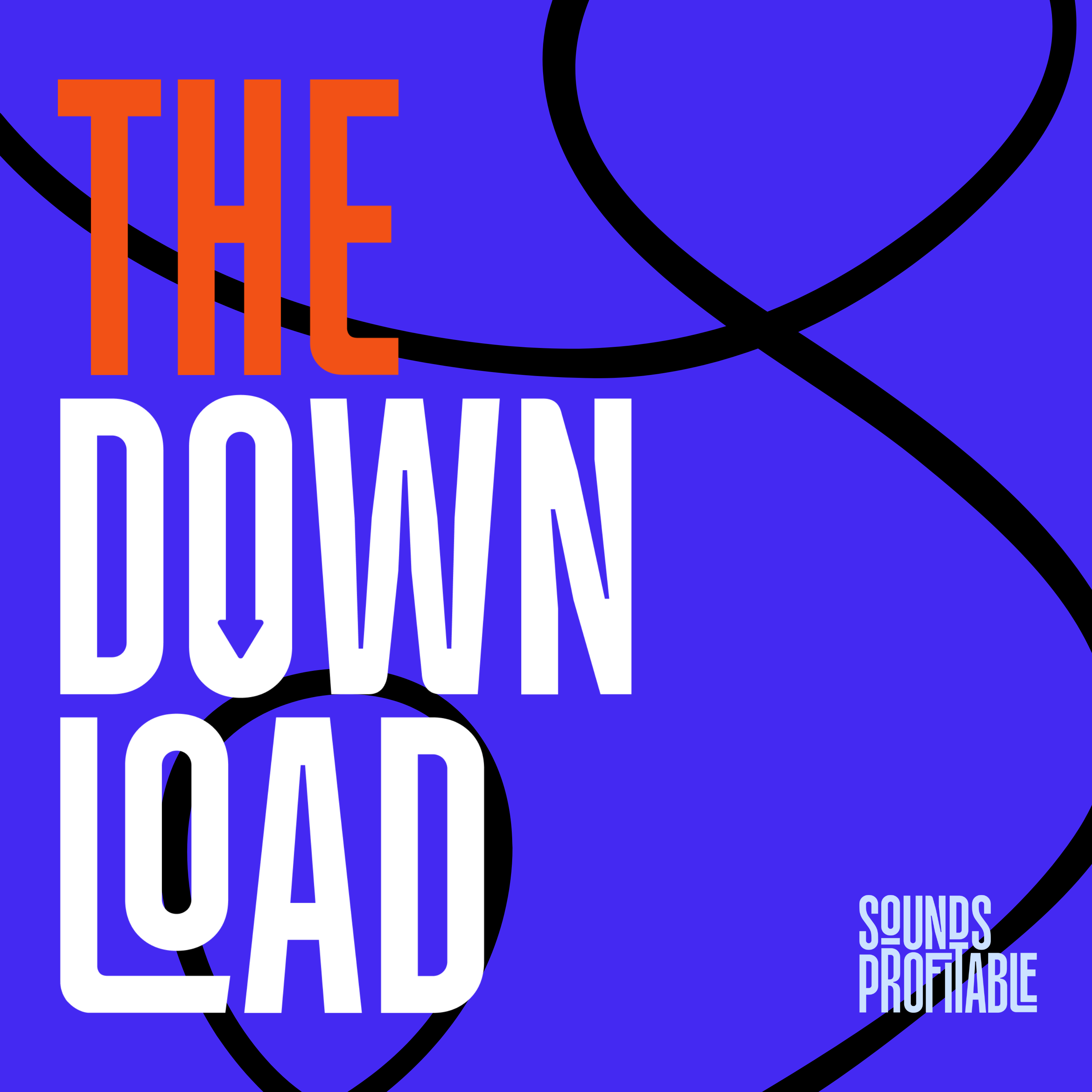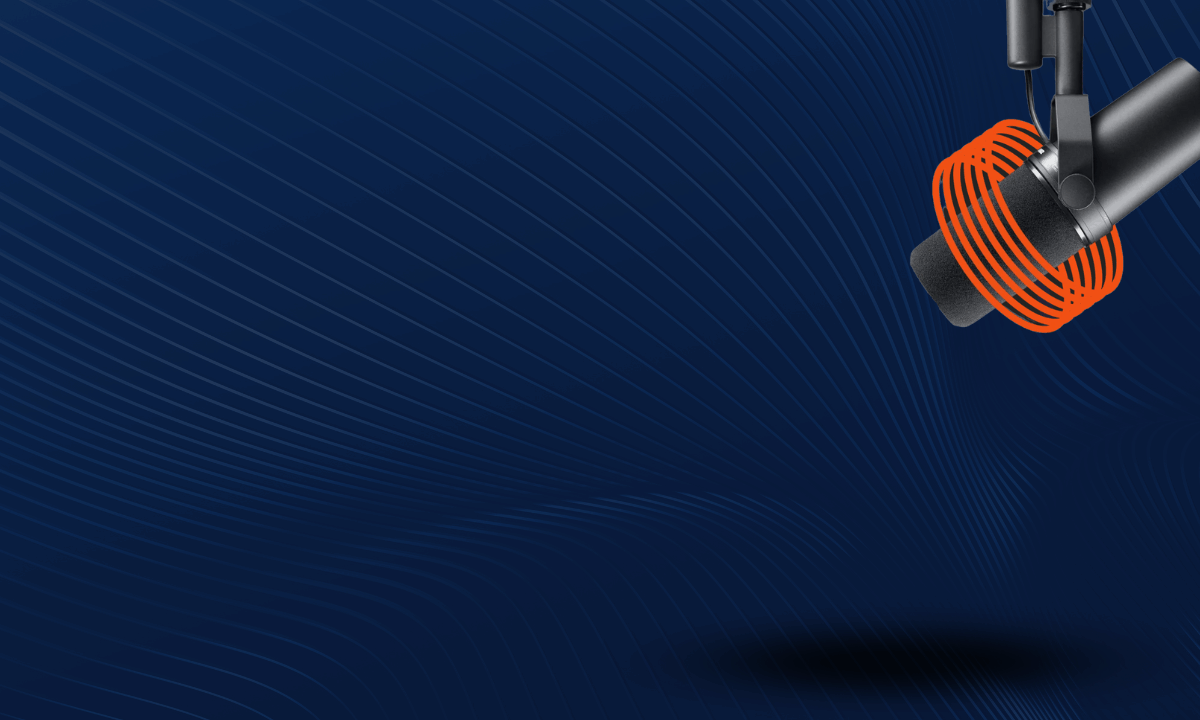Gavin: This is The Download from Sounds Profitable, the most important news from this week and why it matters to people in the business of podcasting. I’m Gavin Gaddis, in for Manuela Bedoya.
Shreya: And I’m Shreya Sharma.
Gavin: The Download is brought to you by Magellan AI. Track the trends in spend, ad load, podcasts on YouTube, and more with Magellan AI’s advertising benchmark report for Q4, available now. You can find a link in the description or visit Magellan dot AI.
Shreya: This week: Pushback on podcast pullback narrative, NewsGuard discovers nonprofit ads on disinformation websites, and Black creators see slowdown in brand deals three years after DAI initiatives initially promised.
Let’s get started.
Advertisers and audiences refute the idea that podcasts are on the wane.
Gavin: Last Monday, Martech’s Constantine von Hoffman published a piece covering the current state of podcasting’s ad revenue and audience. Meant as a rebuttal to the current trend of larger publications writing pieces characterizing podcasting’s numbers as evidence of a decline or “demise,” Hoffman breaks down the counterargument. From the article:
“Advertisers and audiences missed the memo and continue to flock to podcast programming. Last year, podcasting ad revenues increased 26% — more than twice the rate of the total internet ad market, according to a new IAB report. By 2025 they are expected to hit $4 billion, up from $1.8 billion last year.”
The 2023 version of the Infinite Dial is also invoked, quoting the statistic 62% of Americans over 12, an estimated 177 million people, listened to a podcast last year. Americans average nine episodes of podcasts per week.
When addressing audience size, Constantine talked to iHeartMedia executive Vice President of SmartAudio Intelligence Hetal Patel. A quote from Patel:
“I don’t understand this, like how are people talking about podcasting is not growing? On daily reach, every single demographic — 18 to 24, 25 to 34, 35 to 44, 45 to 54, 55 plus — have seen double-digit growth.”
Patel then addresses how far iHeart has come in targeting abilities in the past few years, now sporting the ability to target by age, demographic, location, and can enrich raw data from downloads with first-party data collected in the iHeartRadio app.
While Hoffman’s article may not contain the most ground-breaking news to someone keeping their finger on the pulse of podcasting, it’s important to note articles like this are being written about podcasting in outlets not specifically dedicated to podcasting. Our industry is healthy, growing, and evolving, even to those not explicitly inside it.
NewsGuard: Programmatically-placed ads for major nonprofits and government orgs on dozens of misinformation websites
Shreya: On Friday, May 12th, Marty Swant published a piece on Digiday covering a new report from news reliability rating service NewsGuard. The report, titled Do-Gooders Doing Bad: How Nonprofit and Government Organizations Unintentionally Fund the Misinformation Machine, details NewsGuard’s discovery of 57 nonprofit and government organizations whose programmatic ads ended up on disinformation websites. From Swant’s article:
“Researchers at the news reliability rating service NewsGuard said they found ads for Planned Parenthood on a website promoting dangerous herbal abortion recipes. Elsewhere, ads for groups such as Amnesty International and The Red Cross were served on websites known for promoting pro-Russian propaganda related to the war in Ukraine. Other ads mentioned in the report include some for health organizations and U.S. colleges that showed up alongside online misinformation about Covid-19 vaccines.”
While NewsGuard’s sample of ads is relatively small, the issue is part of a larger ecosystem. According to a 2021 report by NewsGuard and Comscore, they estimate misinformation websites earn around 2.6 billion dollars annually through obfuscated programmatic advertising.
A Google Spokesman told Swant the company has taken action against 1.5 billion publisher pages 143,000 websites in 2022 alone. Both representatives from NewsGuard and the Brand Safety Institute stressed how useful it would be for advertising as an industry to band together and create new unilateral standards to address the spread of disinformation. Especially in an age where new tech threatens to potentially expand the issue. From the article:
“That’s especially relevant when it comes to how chatbots like Google’s Bard and Microsoft’s Bing will inform users within chat, the ways they might send traffic or ad revenue to reputable or disreputable websites. When it comes to answering queries, will quality content be prioritized over websites where misinformation or other questionable content has spread?”
The good news is, this particular report does not touch on podcasts. The more complicated news is situations like this are long-standing and still haven’t been fully fixed. While podcasting isn’t 100% perfect, we’ve got quite a few brand safety developments on our side, as well as companies like NewsGuard actively keeping an eye out for disinformation. It’s on podcasting to take any advance warning seriously and be proactive.
Gavin: This Tuesday, Digiday’s Kimeko McCoy published a new piece covering a noticeable lack of brand support for Black creators during Black History Month and Juneteenth this year. While there was a marked groundswell of brands looking to work with content creators in the wake of the Black Lives Matter movement in 2020, McCoy has found the deals are drying up.
Part time content creator Amanda Wicks, who McCoy interviewed for the piece, experienced her best year for brand deals in 2021, grossing enough to pay off a new car. Brands like Whataburger, Foot Locker, and Athena Club got in touch to work with her. Following that boon period, Wicks’ inbox remained silent until November 2022. From McCoy’s article:
“Wicks is one of several Black content creators who say brand partnership and sponsorship opportunities have all but dried up after George Floyd’s murder and the Black Lives Matter Movement in the summer of 2020. That year, YouTube personality and owner of Big Gold Belt Media Nagier Chambers said he had 25 Black holiday brand sponsorship opportunities. By 2021, that number shrunk to 12, and fell again to just seven last year.”
McCoy juxtaposes the reports of Black creators receiving fewer brand deals, both for Black holidays and in general, with the surge in influencer marketing. According to Digiday+ research, from Q1 to Q3 2022, the amount of agency professionals reporting their clients spend at least “a very small portion” of marketing budget on influencers increased from 69$ to 79%.
“For opportunities that do come about, creators of color say they’re not offered as much as their counterparts, financially. And the numbers prove it. Last year, public relations agency MSL U.S., in partnership with The Influencer League, reported that the racial pay gap between white and BIPOC influencers was 29%. When looking specifically at the gap between white and Black influencers, that figure widens to 35%.”
Back in February, MarketingBrew’s Ryan Barwick covered the IPG Mediabrands Equity Upfront. Here’s a relevant quote from that story:
“In 2021, IPG Mediabrands said that it would allocate at least 5% of total media spend from client budgets to Black-owned media by 2023. As of today, the agency is “pacing” but “not ready to share numbers at this time,” according to spokesperson Zinnia Gill. Regardless, Black-owned media is only receiving about 2% of total ad spend, about $7.6 billion, roughly the same percentage as 2020, according to Magna estimates based on Nielsen data, despite the fact that 14% of the US population is Black.”
While there have been some notable movements to increase diversity and inclusion in podcasting, such as the recent IAB Podcast Upfront spotlights on the Alive Podcasts Network and Futuro Media, there’s more work to be done. With some effort and taking advantage of how many diverse voices in the industry (and new ones entering it all the time), podcasting can be a haven for diverse and equitable brand deals. The deals just have to be made.
Shreya: Finally, it’s time for our semi-regular roundup of articles we’re calling Quick Hits. These are articles that didn’t quite make the cut for today’s episode, but are still worth including in your weekend reading. This week:
- Podscribe Launches YouTube Conversation Modeling. The new dashboard unifies RSS and YouTube metrics into one location.
- ARN and Magellan AI announce Top 15 Podcast Advertisers in Australia for Q1. The list includes familiar faces like Apple, Amazon, and McDonald’s.
- ‘The Turning’ Podcast Studio Rococo Punch to Merge With Audily by J. Clara Chan. From the article: “When two independents come together, we can do much bigger things.”
- ARN uses geo-location to deliver headlines on Your News Now podcast. The new podcast uses geotargeting to create a sub-three-minute episode covering local news, sports, and weather forecast.
- Missing the Sounds Profitable Podcast this week? Check out the latest episode of the ANA’s podcast Champions of Growth. The episode, titled Is Podcasting the Future of Branded Advertising, features both Bryan Barletta and Tom Webster talking with Matthew Schwartz
Gavin: And that was The Download, brought to you by Sounds Profitable! Today’s episode was built using Spooler and hosted on Art19. Find out more at Spooler.fm and Art19.com
I know we went through today’s stories fast, so be sure to check out the links to every article mentioned, right in your podcast listening app, or on SoundsProfitable.com/Podcast. And thank you for sticking with us as we bring you the top stories you might have missed from the past week. I’m Gavin Gaddis
Shreya : And I’m Shreya Sharma. Our producers are Bryan Barletta, Gavin Gaddis, and Tom Webster. Special thanks to Art19 for hosting The Download. And thanks to you for joining us.
Robot?


 "
"



